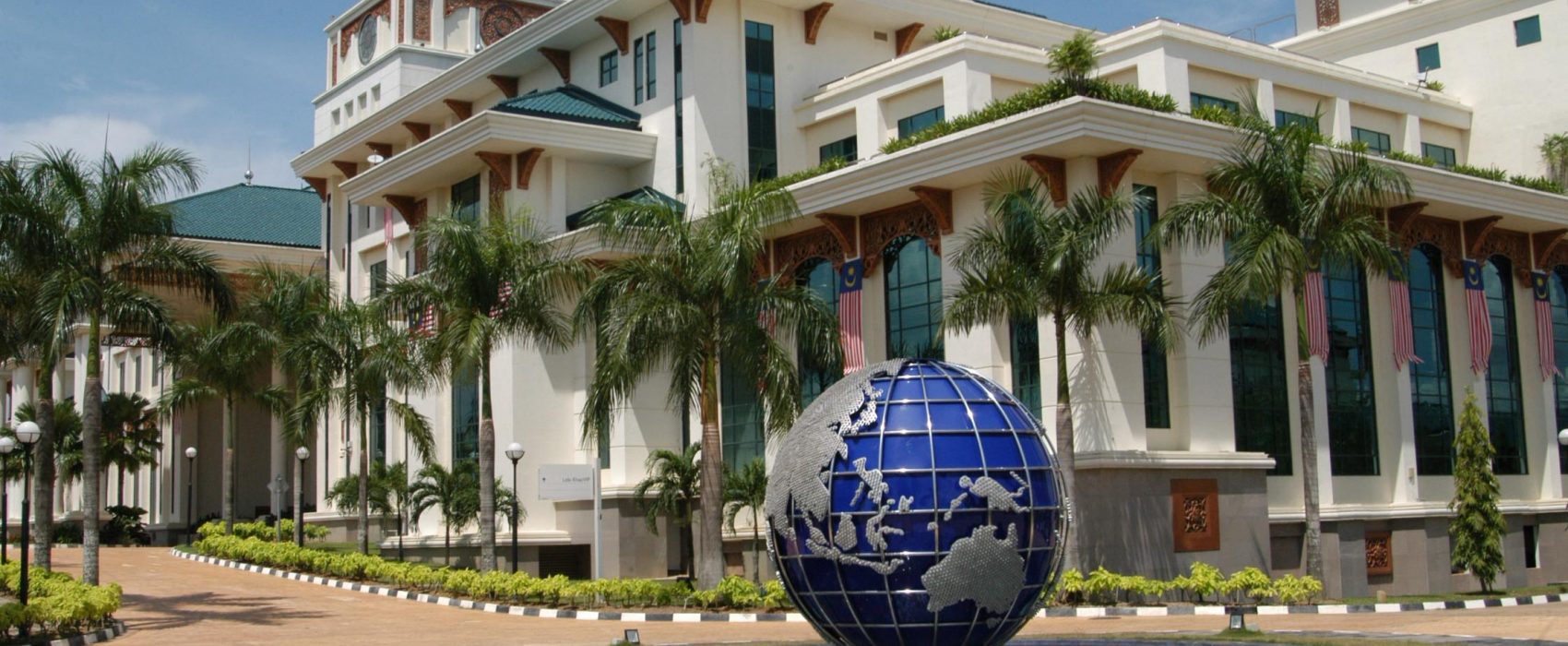MOFA Legalization in Malaysia: Requirements, Steps, and Practical Tips
If you’re submitting official documents in Malaysia or abroad—for purposes such as immigration, education, legal matters, or business—you may be asked to obtain MOFA approval. But what exactly does that mean?
What Is MOFA Approval?
- Malaysian government agencies
- Foreign embassies or consulates in Malaysia
- Institutions or authorities overseas
It is not just a formality. MOFA legalization is an official endorsement that your document is authentic and your translation was performed by a recognized authority.
Step-by-Step: How to Get MOFA Approval
1) Obtain a Certified Translation
MOFA only accepts translations certified by approved institutions. These include:
- Institut Terjemahan dan Buku Malaysia (ITBM)
- Dewan Bahasa dan Pustaka (DBP)
- Malaysian Translators Association (MTA)
- Court-appointed translators (e.g., High Court interpreters)
Note: Translations from freelance individuals or private agencies that are not certified by these bodies will be rejected. See our English to Bahasa Melayu Translation Services.
2) Notarization (If Required)
Certain types of documents—particularly those that are foreign-issued or non-government in origin—may need to be notarized by a licensed notary public in Malaysia before MOFA will legalize them.
Documents that typically require notarization include:
- Affidavits
- Personal declarations
- Business letters
- Tenancy agreements
Tip: Always check with MOFA or the receiving agency before assuming notarization isn’t required.
3) MOFA Legalization at Wisma Putra
Once your translation is certified (and notarized, if applicable), submit your document to the Consular Division of MOFA for official legalization.
During this step:
- MOFA verifies the translator’s credentials or the notarization
- An official stamp or apostille is affixed to your document
- This serves as legal validation within Malaysia and for international use
After this, your document is considered legally recognized and ready for submission to relevant authorities.
4) Embassy or High Commission Legalization (If Applicable)
If your document will be used in a foreign country, you may need to complete one final step:
- Present your MOFA-legalized document to the embassy or high commission of the destination country
- The embassy may affix an additional stamp or certification, finalizing the document’s acceptance abroad
Note: Each embassy has its own requirements, fees, and processing times. Always consult their official website or contact them directly for the most current information.
Why Each Step Matters
Each step in the legalization chain provides an added layer of trust and recognition. It ensures your documents will be accepted without issue by the relevant Malaysian or international authorities.
Skipping any step could result in your documents being delayed, rejected, or deemed invalid—leading to setbacks in your visa, business, or legal process.
Common Documents That Require MOFA Legalization
- Birth, marriage, and death certificates
- Academic transcripts and diplomas
- Legal affidavits and court documents
- Company registration forms and business licenses
- Power of attorney letters and consent forms
- Commercial contracts and trade documents
Example: Submitting Documents for Use in China
Suppose you’re submitting a university degree or business license for use in China. Here’s how the process would work:
- Translate to Chinese and certify the document through ITBM, DBP, MTA, or a court-appointed translator.
- Notarize the document if it is not government-issued.
- Submit the certified and/or notarized document to MOFA for legalization.
- Present the MOFA-stamped document to the Chinese Embassy in Malaysia for final authentication.
Final Advice
Whether you’re handling immigration paperwork, cross-border legal filings, or international academic submissions, understanding Malaysia’s MOFA approval process is key to ensuring your documents are accepted smoothly and efficiently.
For peace of mind, always consult with certified translation providers and confirm requirements with both MOFA and the relevant embassy or receiving agency.


